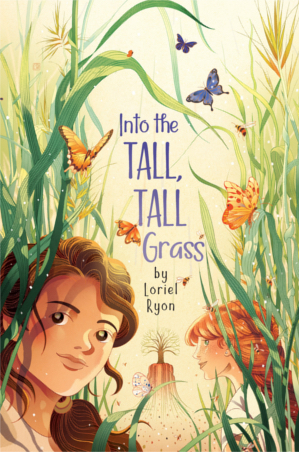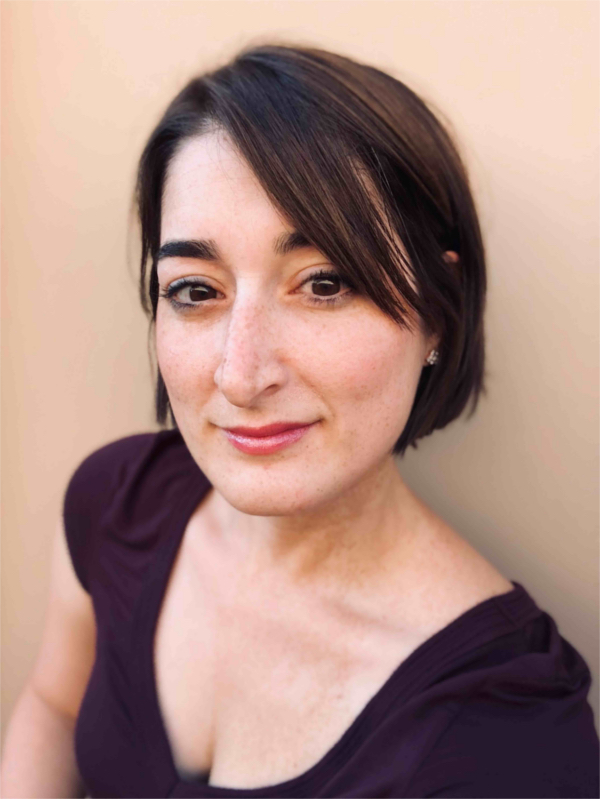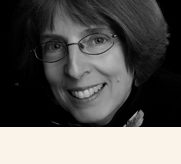
Combine a little magic with a love of science, and what do you get? Into the Tall, Tall Grass, a delightful middle-grade debut novel by Loriel Ryon. And lucky us! Loriel is here today to reveal a bit about her process in writing this imaginative story.
But first I’m doing a book giveaway! One reader will receive a copy of Into the Tall, Tall Grass (hardcover), plus a signed bookplate. Hop to the end of this post to enter the giveaway and come back to enjoy the interview. Deadline to enter: Tuesday, June 30, 2020, 11:59 PM.
A. B. Westrick: Loriel, welcome to my blog!
Loriel Ryon: Thank you so much for having me. I’m so happy to be here!
ABW: Before we get to the book, I notice that you’re a nurse, and I’m wondering how you’re doing, particularly in light of the relentlessness of COVID-19. How has your job changed because of the pandemic? What type of nursing do you do?
LR: So much has changed with the pandemic. Typically, I work in the outpatient setting PRN (as needed), but since the staff aren’t really going on vacation and the providers are switching over to more video and telephone visits, I’m not needed as much there. I’ve been helping out in other locations related to increased COVID testing and results and also helping out at our big drive-thru testing site in Albuquerque. When the outpatient clinics start to open back up, the clinic might need me again, but COVID testing won’t be going away either, so I feel like I’ll be moving around for a while, which I prefer. I enjoy doing lots of different things, so I don’t get bored.
ABW: It sounds like flexibility is the key during this crazy time. When and how do you make time for creative writing?

LR: Writing during this pandemic has been very challenging. Normally on the days I’m not working as a nurse, the kids are in school for at least a few hours so I can really focus and get my work done. But with this pandemic, it’s been nearly impossible for me to feel 100% focused. Even when I try to sit down and get some work done, I never feel like I am fully able, always listening with one ear for the kids. I do try to work a little every day, but it hasn’t always panned out.
ABW: I hear you. This is a really tough time. Some good news is that people are reading during the pandemic—so at least there’s that!
And let’s talk about reading Into the Tall, Tall Grass. It’s such an imaginative story! The characters have wonderful magical abilities that allow them to affect the movement of butterflies, bees, flowers, etc. What was your starting point for this novel? Your inspiration? Your jumping off point?
LR: I started with two things. The first was with an image of a girl standing in front of grass that towered over her head. That image originates from a childhood memory of mine. When my dad was in the Navy and working on the aircraft carrier, my mom would take us to south Texas to be with her family. She’d hire a guy to cut the grass while we were gone for the summer, but he only ended up cutting the front yard. I remember returning at the end of summer and my grandfather opened the blinds to the sliding glass doors. The grass in the backyard had grown as tall as our house. I recently asked my mother if it was really that tall or just my childhood perception, and she laughed saying, “Yep, it was that tall and your grandad went out there and cut it down by hand.”
ABW: That’s a fun image. I didn’t know grass could/would grow that tall.

LR: I know, right? The second part of the story is related to my love of science. I was a science nerd in high school and college, I majored in biology and got another degree in nursing. I was (and still am) fascinated by genetics. I loved learning about familial traits and how they are passed down through generations. Mitochondrial DNA fascinated me as well. Especially learning the same mitochondrial DNA is passed down over and over again from mother to child. I would’ve loved a book that talked about this as a kid, so I decided to write it, but with a magical twist.
ABW: Oh, that’s great. Maybe you’ll inspire today’s readers to want to understand mitochondrial DNA, too.
Now about the ending (no spoilers here), when you began writing, did you know the story would evolve the way it did? Or did it take on a life of its own? Did you know from the start how it would end?
LR: I knew the ending from the start. I actually wrote the first scene and then the last scene. I wasn’t sure how I was going to get there though, but it helped knowing where I needed to end up. In revision, I second-guessed myself a lot and rewrote the beginning multiple times. At one point, I cut out the first chapter and moved it. Then put it back. Finally, I decided I needed to just pick something and go with it, so I left it alone and moved forward. Which was a good call, because once I decided that, the story and plot started to fall into place.
I am a bit of a panster so I never knew exactly how things would unfold, but somehow, they did.
ABW: I’m a pantser, too. Playing around with scenes and pulling stuff out and putting it back—if you ask me, it’s all good!
What about the story-within-the-story? You have grandma telling her granddaughters about her life, back in the day, and I really liked the way one story shed light on the other. Which part did you write first, the protagonist’s story, or the grandmother’s? What were the challenges (if any) of weaving them together?
LR: I started with Yolanda’s story first. Initially I wasn’t planning to have Wela’s (her grandmother’s) story in there at all. It’s not very common to have a grandmother’s point-of-view in a middle grade novel. I considered cutting her out, but Wela’s voice was strong (and Wela made it clear that she wanted to be heard—she refused to budge), so I gave in and kept her. I also realized I needed 12-year-old Wela to tell her story in order for Yolanda to realize her own potential and understanding of the family trait. Wela’s story came in sections, and I wove them in with Yolanda’s. It happened organically and of course it wasn’t perfect. Through revisions and wonderful notes from my agent and editor, I was able to finesse and get their stories to balance nicely.
ABW: Yes, the balance was excellent, and I love you saying that Wela refused to budge. Strong characters make for compelling fiction!
Now, tell me how much of you is in this story? I loved one scene in particular, where a character is fascinated with the view of a pecan tree branch under a microscope. The character says, “That was the night I knew I would become a scientist.” Did you have a moment, growing up, when you knew you’d become a nurse? Or a scientist? How much of you is in Yolanda, your protagonist? Or in Wela, the grandmother?

LR: My mother fostered a love of science in our house. I remember building volcanoes and digging for homemade fossils. One time she ordered monarch caterpillars to teach us about metamorphosis. When I saw the lime-green chrysalis with the golden thread running through it for the first time, I got a rush of excitement. The beauty was astounding. I was even more amazed when the monarch butterfly emerged. It was eye-opening to see how nature worked.
In 6th grade, I got the rush of excitement again learning about genetics for the first time. And in college it happened again when learning about G-proteins and how they function in cellular biology. For me, there is no end to the fascination of learning about science and the world around us. It feels like so many secrets waiting to be discovered.
The character I was most similar to at age twelve is Yolanda. A bit grumpy and lonely, unsure of herself. Someone who feels left out at times, and not willing to look at what she might be doing to cause the problems in her life. I wanted her journey to be one of realizing that she didn’t have to be that grump forever, just because she was that way in the beginning.
ABW: I like that a lot. Unsure at age twelve, and grumpy and feeling left out, etc. Yes, yes, unfortunately yes.
Final questions! How long did it take you to write Into the Tall, Tall Grass, and what are you working on now?
LR: It took me 3- 4 months to write the first draft and many more months of revision after that to get it where I wanted. I sent out queries about a year after starting it.
Right now, I am working on a variety of things. One project is another upper middle grade science/magical book set in the bayou featuring a 12-year-old banjo-playing protagonist, and another is a middle-grade set in a haunted hotel. I also have various ideas I’m playing with that will hopefully come to fruition!
ABW: I look forward to reading your next story. Thank you so much for doing this interview!
LR: Thank you so much for having me! It was a pleasure!
Readers who want to learn more about Loriel and her writing can find her on facebook, instagram, and her website, and if you visit her online, be sure to say so in the Rafflecopter below. Deadline to sign up for the book giveaway: June 30, 2020, at 11:59 PM. On July 1, the Rafflecopter will choose a random winner. Good luck!
